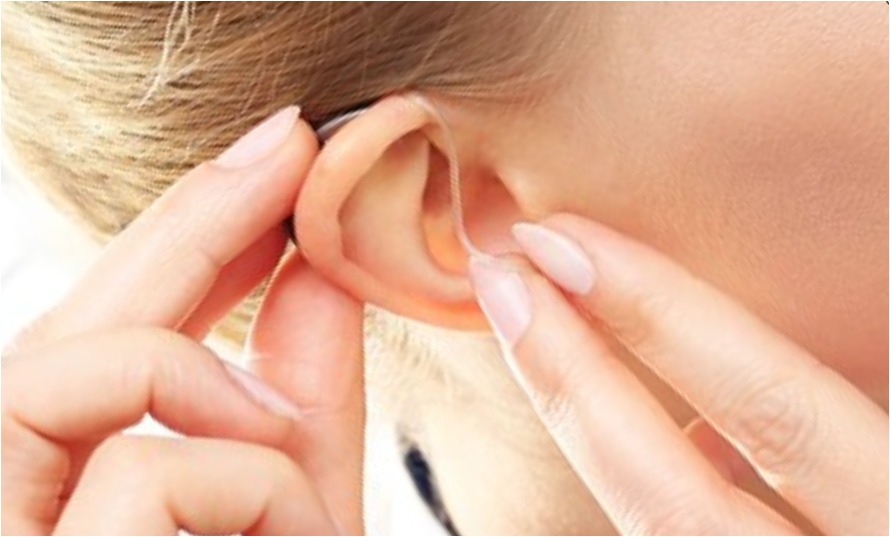
Tinnitus is a condition characterized by the perception of sound in the ears or head when no external sound is present. It is often described as a ringing in the ears, but the perceived sound can take various forms, such as buzzing, hissing, whistling, clicking, or roaring. Tinnitus is not a disease itself but rather a symptom of an underlying issue.
The condition can be temporary or chronic and can affect one or both ears. Some people experience tinnitus as a mild annoyance, while for others, it can be distressing and significantly impact their quality of life.
Causes of tinnitus can be diverse and may include:
- Hearing Loss: One of the most common causes of tinnitus is age-related hearing loss, known as presbycusis. Other forms of hearing loss due to noise exposure or ear damage can also lead to tinnitus.
- Loud Noise Exposure: Prolonged exposure to loud noises, such as at concerts, construction sites, or through earphones at high volumes, can cause tinnitus.
- Earwax Blockage: Accumulation of earwax in the ear canal can lead to tinnitus symptoms.
- Ear Infections: Infections in the ear, such as otitis media, can trigger tinnitus.
- Meniere’s Disease: This inner ear disorder can cause tinnitus along with vertigo and hearing loss.
- Temporomandibular Joint (TMJ) Disorders: Problems with the jaw joint can contribute to tinnitus.
- Head and Neck Injuries: Trauma to the head or neck can be associated with tinnitus.
- Medications: Certain medications, such as some antibiotics, diuretics, and cancer drugs, can lead to tinnitus as a side effect.
- Medical Conditions: Tinnitus can be associated with medical conditions like high blood pressure, anemia, thyroid disorders, and cardiovascular disease.
It is crucial to have tinnitus evaluated by a healthcare professional, preferably an ear, nose, and throat (ENT) specialist or an audiologist. They can conduct a thorough examination, assess potential causes, and recommend appropriate treatment options. While there is no cure for tinnitus, management strategies such as sound therapy, hearing aids, counseling, and stress reduction techniques can help individuals cope with and minimize the impact of tinnitus on their daily lives.
